
Merry Crisis (Demo)
After a break-up turns your world inside out, you return home for Christmas hoping the change in scenery will give you space to mend a broken heart.
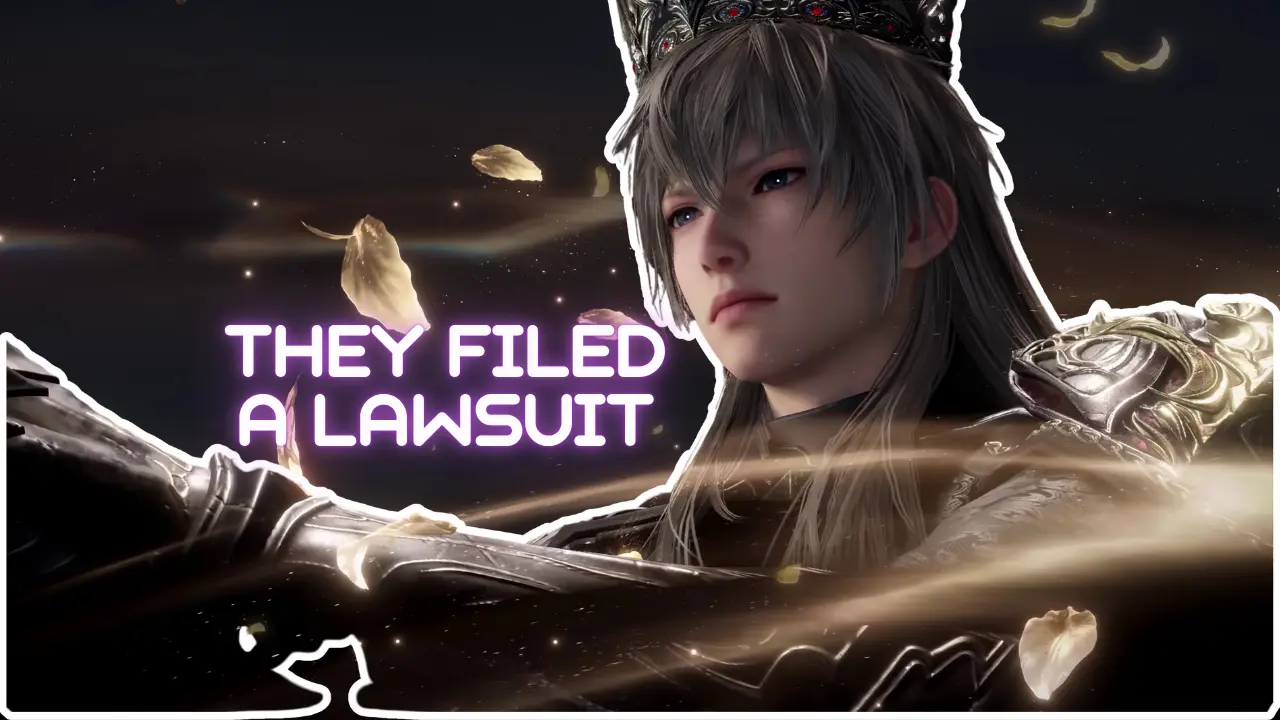
The recent wave of concerns around King of Darknight (KoD) Xavier has ignited curiosity and emotion among countless fans. Papers filed by a law firm in China highlight potential wrongdoings involving false advertising, causing a stir throughout the gaming community. Many dedicated players feel that the companion introduced in the promotional material does not match the actual product in battles. Others are expressing disappointment toward Shanghai Paper Games Co., Ltd. for its silence. This lawsuit spotlights the complexities of game development, consumer expectations, and the challenges of delivering on lofty promises. In this article, we explore how player trust and company reputation can be shaped by unaddressed issues, how these controversies can escalate into legal territory, and the ramifications for the broader gacha landscape.

The KoD Xavier character first appeared as a beacon of excitement within the Love and Deepspace realm. Early trailers highlighted dynamic battles, impressive animations, and promises of a companion with extraordinary capabilities. Many fans had long awaited this release, eagerly investing money and other resources to secure stronger versions through the game’s gacha system. His mythic status seemed to promise a uniquely powerful experience, positioning him as the ultimate tank-like ally for any player’s team.
However, as more users started acquiring KoD Xavier, discrepancies arose between what had been publicized and what actually arrived. Criticism focused on the character’s performance, which players claimed was far too frail despite official statements labeling him a robust, near-invincible figure. Concerns centered on his in-battle survivability, especially in high-level orbits where enemies can be punishingly strong. Disappointment set in as these players realized that real-world performance fell short of the lofty portrayal in promotional videos.
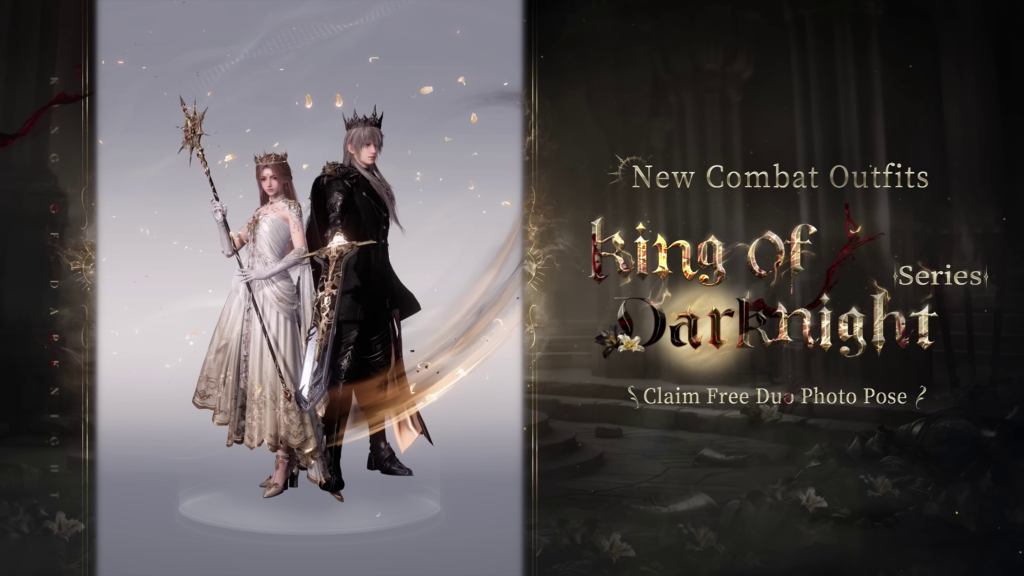
The outcry intensified once game users noticed that shorter trailers and highlight clips had selectively displayed only the best and most promising battle moments. This was perceived by many players as a deliberate move from the developers to magnify appealing aspects, potentially misleading consumers into believing KoD Xavier would be unstoppable. The emotional blow was especially fierce for fans who spent substantial money aiming for higher ranks like R3. After experiencing repeated defeats in advanced orbits, their frustration grew.
Beyond fears of false advertisement, many longtime supporters felt a broken trust. They had confidently expected this new mythic hero to deliver on the unstoppable image that the official promotions outlined. Instead, they struggled with frequent glitches, low survivability, and inconsistent skill triggers. As global outcry escalated, screenshots and videos emerged, illustrating the difference between promotional visuals and actual game performance. This climate laid the groundwork for eventual legal action.

Players reported a series of technical problems that appeared soon after KoD Xavier’s launch. Many found that certain skill descriptions did not match their actual effects in combat. For instance, some users believed that a skill granting invincibility would function during night-themed battles, only to discover that KoD Xavier was vulnerable. Others highlighted an alleged discrepancy between the trailer’s portrayal of powerful luring or crowd-control capabilities and the minimal real-world influence these skills actually had on enemy units.
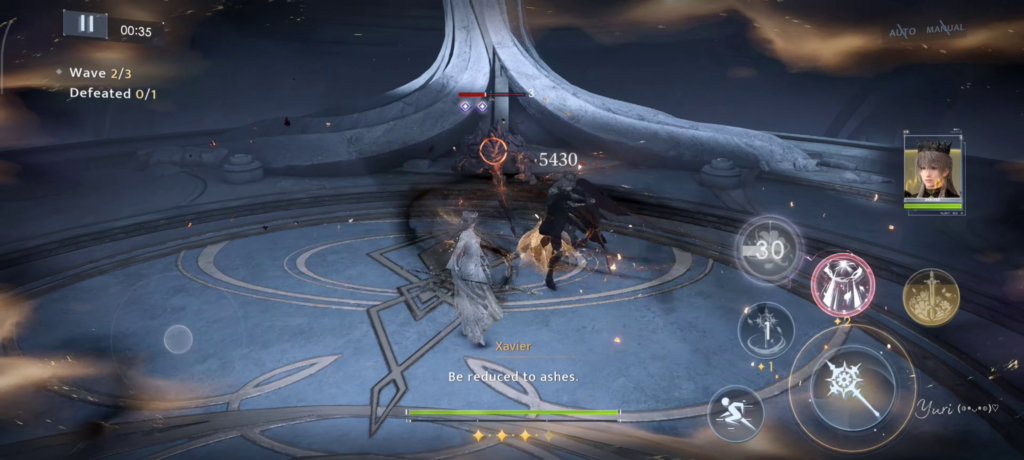
Repeated threads on fan communities reported that higher orbital levels remained extremely challenging, as KoD Xavier took significant damage or died unacceptably fast. Confusion emerged when official statements highlighted the character’s supposed tank-like design. This contradiction became a central complaint, spurring players to demand either a refund or a character rework that matched the pre-launch assertions. The ongoing sense of betrayal prompted a noticeable shift in public sentiment.
Meanwhile, unrelated but swiftly corrected game issues, like the cat plushie claw machine fiasco, only deepened fan disappointment. Seeing the developers quickly respond to smaller, less critical matters, many KoD Xavier owners wondered why a major tank character flaw was not prioritized. The incongruity between fixing plushie difficulties almost instantly, compared to prolonged silence on Xavier’s performance, stoked the perception that customer feedback was being selectively addressed based on potential commercial impact.
It was not just about underwhelming performance. Some players shared testimonies of bizarre in-game collisions, unpredictable targeting, or missing skill animations. Coupled with shaky balancing, these bugs made KoD Xavier feel incomplete. As digital unrest built, the community found itself increasingly divided: some believed potential sabotage or conspiracies loomed, while others just chalked it all up to typical development oversights. No matter the explanation, the net effect was deepening discontent and whispered rumors that official statements were nowhere to be found.

A recent legal letter from Haihua Yongtai Law Firm in Shanghai indicated that numerous real-name plaintiffs backed by a large group of aggrieved users are prepared to pursue action against Shanghai Paper Games Co., Ltd. and its copyright holder partners. According to the official text, the primary claim is that promotional videos for KoD Xavier allegedly showcased abilities not reflected in the final product. This type of false advertising, if proven, could create significant legal liability.
The letter highlighted a major discrepancy between the promotional PV (or video preview) and the behavior of the actual in-game companion. Statutes in several jurisdictions, including China, protect consumers from marketing that could be deemed misleading or untruthful. Players who invested heavily in acquiring KoD Xavier might argue they were swayed by flamboyant showcases that overpromised. Particularly powerful or exclusive features were emphasized in teasers, contributing to heightened consumer expectations.
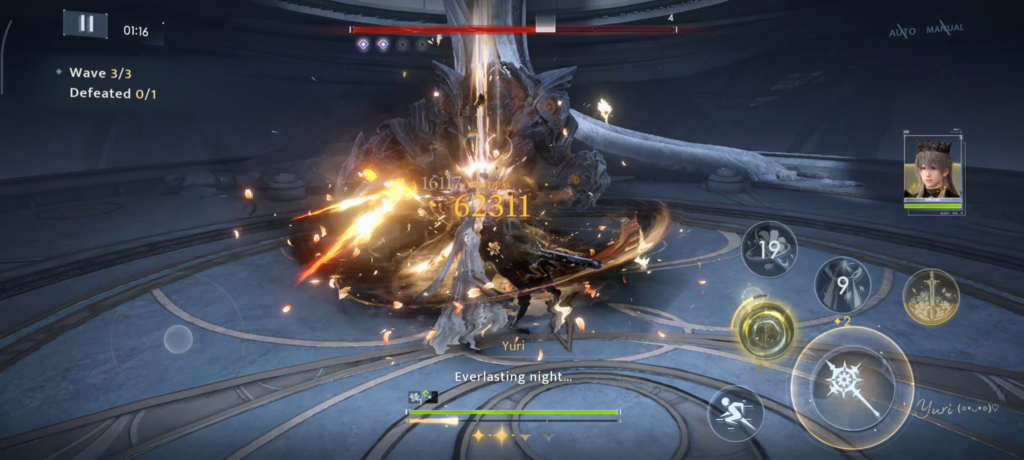
Under legal codes, game publishers can be held responsible if it is shown that a significant difference exists between marketing claims and in-game reality. The involvement of licensed law firms in these negotiations signals that the players’ representatives are serious. Industry observers believe that a negotiated resolution might be the most favorable outcome for both parties, but the firm’s letter insisted on immediate recognition of grievances and explicit correction measures.
Additionally, the letter urged the game operator to consider a rectification plan that would include measures such as playable patches or possible refunds. Some fans simply want KoD Xavier to function as promised, while others feel that compensation is the only logical measure to settle financial losses. If no compromise is reached, official litigation may proceed, pushing the company into a new phase of legal confrontation under consumer protection laws.

Laws in China and many other regions treat advertising honesty as a critical principle. Authorities label misleading claims as violations of consumer trust. For gaming products, official trailers and in-game promotional pop-ups must reasonably represent real features, balancing the hype factor with accuracy. If the final version strays far from the trailers, or if patch notes remain silent on changed functionalities, angry consumers may accuse publishers of deception.
This regulatory environment empowers buyers to file collective complaints and lawsuits. By pooling resources, claimants stand a better chance of receiving a hearing, pressuring companies to negotiate. Especially in high-stakes, public-facing products, finding a quick resolution can ensure brand protection. However, ignoring or downplaying these consumer claims can deepen dissatisfaction. Repeated misconduct can push local authorities to issue formal penalties or stricter oversight of the publisher’s future endeavors.
Legal action focusing on false advertising can impose brand damage well beyond immediate financial costs. Negative press and widespread social media coverage have the potential to erode trust in other ventures, including upcoming game installments or expansions. The impetus is on the game developer or publisher to respond promptly and transparently. In KoD Xavier’s case, many players believe that the current silence is making them feel powerless, reinforcing the idea that the only recourse is legal.
In the broader gacha industry, this situation signals a moment of reckoning for all developers. Advertisements must align with gameplay truth. Consumers have grown more critical and vigilant, thanks to technology that allows them to capture and compare side-by-side evidence of pre-launch claims versus real performance. Against the backdrop of mounting legal scrutiny, ignoring these issues is a massive risk, not only for Shanghai Paper Games but for every ambitious studio hoping to keep consumer goodwill intact.

Many dedicated fans poured substantial resources into obtaining R1, R2, or R3 KoD Xavier, anticipating stable, high-level performance against fierce opponents. The inability to clear advanced orbits or special boss stages has dashed hopes and ushered in a wave of resentment. Each passing day of developer silence adds to the emotional tension. Social media outlets are brimming with complaints, updated glitch documentation, and personal anecdotes describing humiliating defeats.
It is not just about raw numbers; players often form emotional bonds with their favorite heroes. KoD Xavier was marketed as a dark, dignified presence on the battlefield, with cinematic flair that elevated him above typical gacha standbys. Seeing him fall to lesser foes in a scant few hits undermines the sense of fulfillment many gamers crave. For those who saved in-game currency or spent real money, the perceived betrayal is even sharper.
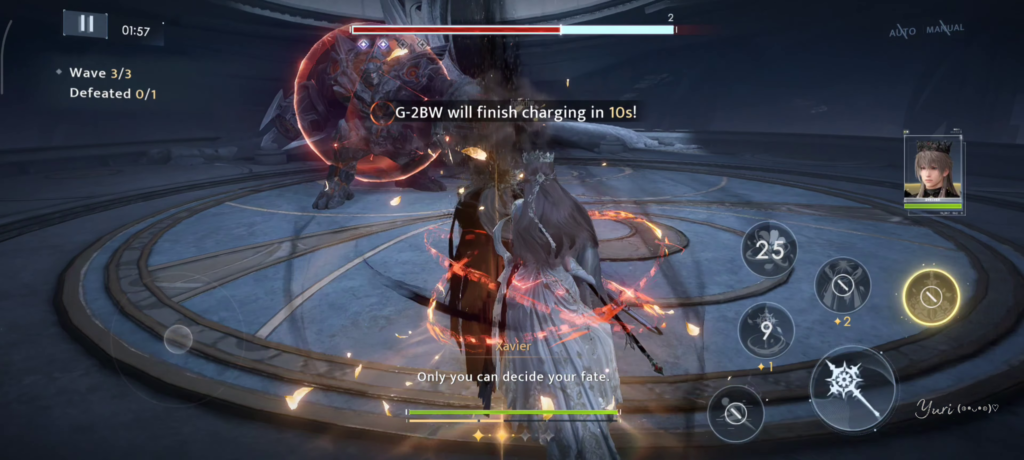
Another source of tension is the belief that developer priorities might be off. When the claw machine problem surfaced, the quick fix signaled that smaller income streams, like cosmetic items or ephemeral events, could warrant immediate attention. Meanwhile, stable performance for a highly anticipated mythic hero was seemingly overlooked. The frustration blossomed as users watched the banner’s rollout continue without official acknowledgement, creating a resentment-laden environment in forums.
The emotional weight of these unmet expectations is palpable. Supporters of KoD Xavier recall the exhilaration they felt upon seeing him in promotional animations, only to see that promise evaporate. Enduring repeated orbits with a glitch-prone companion fosters dissatisfaction and leads to frequent commentary that the developers are ignoring player concerns. This diminishing trust has fueled the impetus for official legal steps.

Chinese players, sometimes referred to by fans as the CN girlies, are known for their fervent loyalty and readiness to take a stand. In this instance, they united energetically, collecting data, documenting inconsistencies, and seeking legal backing. Many have pointed out that KoD Xavier’s predicament is not an isolated case, but part of a pattern by the publishing company. This time, they sought to use official channels to hold the developer accountable.
Although some online speculation veers toward the extreme—like conspiracies that the company is purposefully weakening KoD Xavier to push other characters’ sales—most fans simply want transparency and an earnest fix. The passionate approach of the base underscores the high stakes: communities that form around beloved heroes cherish the sense of respect and validation from publishers. As the lawsuit threat looms, individuals feel that they can force corporate recognition of the issues.
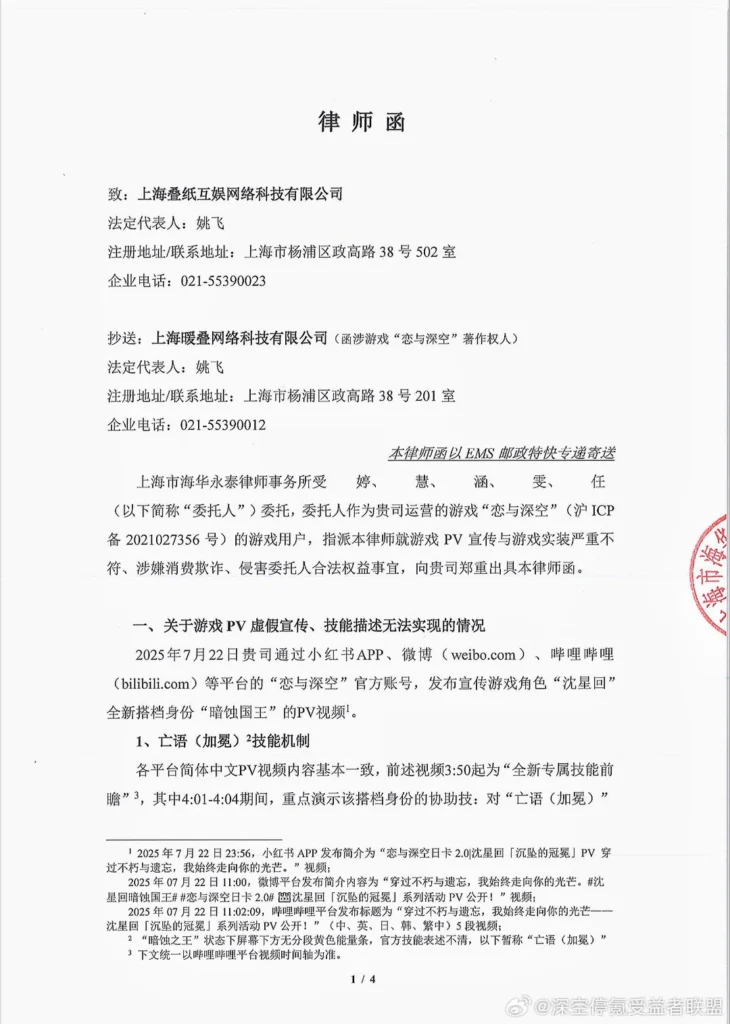
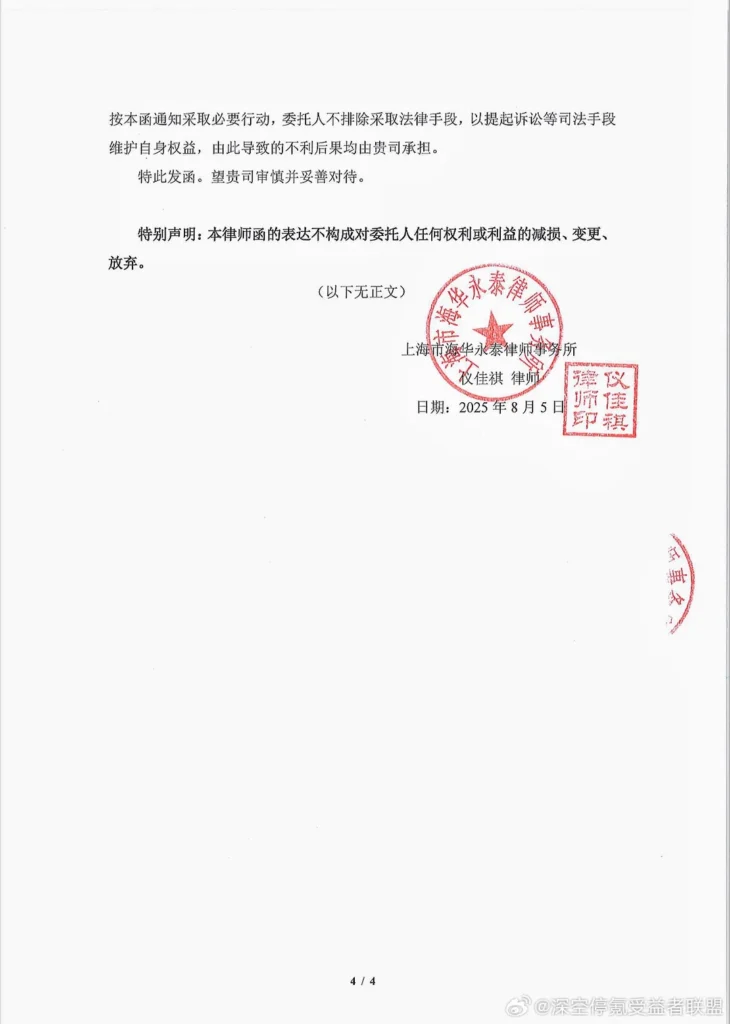
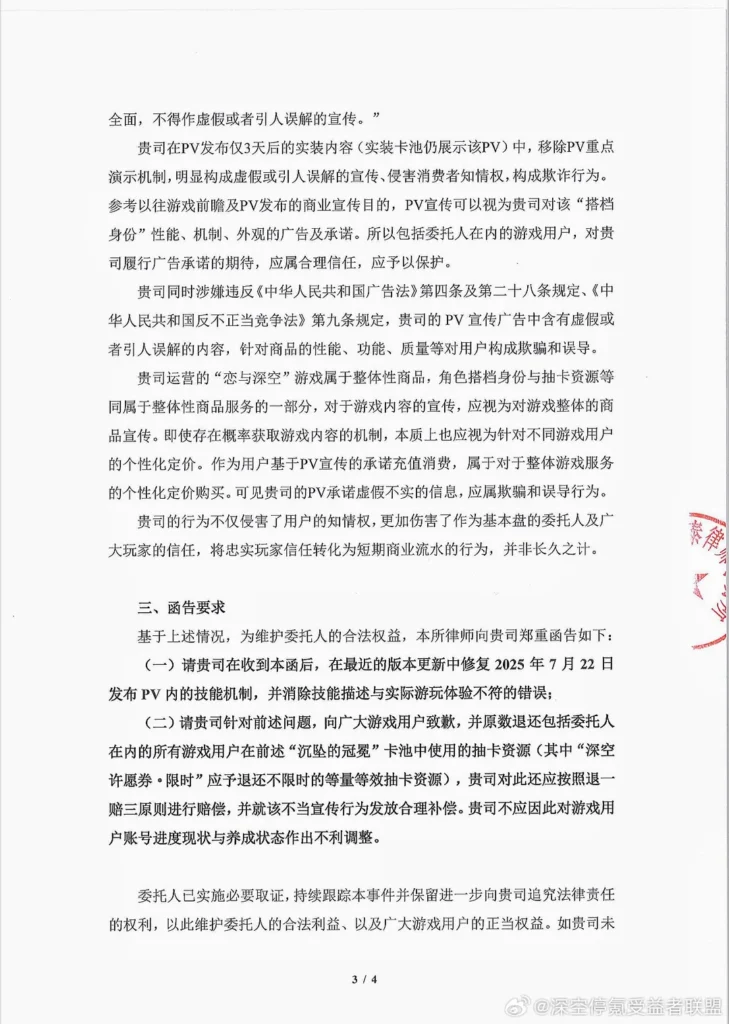
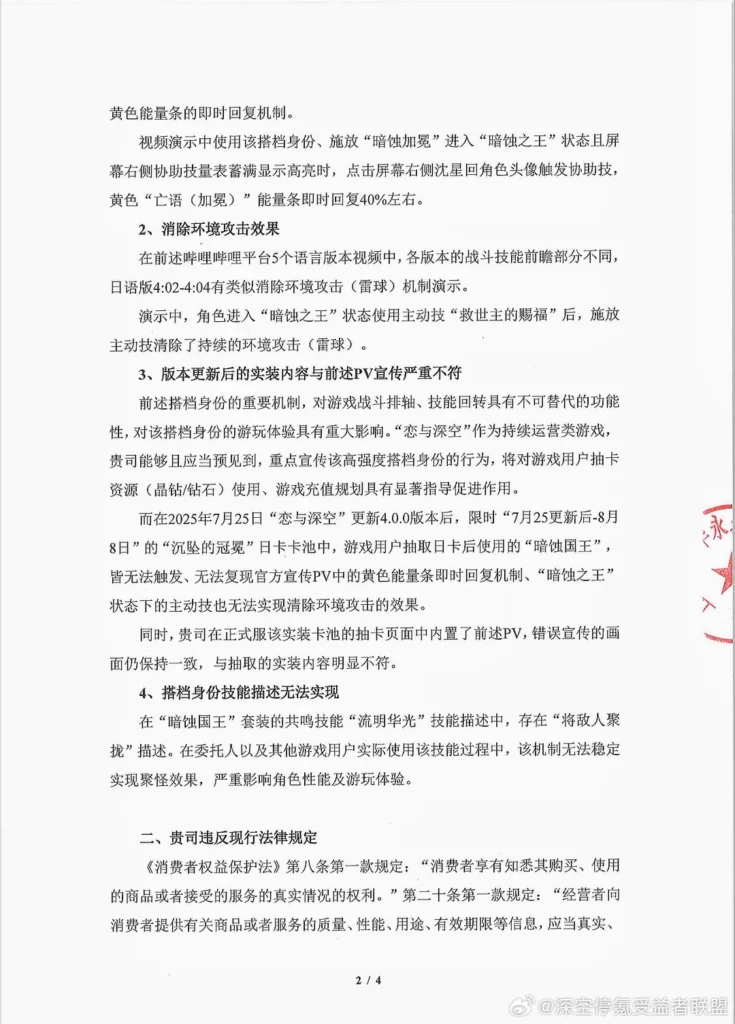
Part of the fervor stems from the notable success this community had in propelling the game to higher revenue rankings, outperforming major competitors at launch. By championing KoD Xavier, these players effectively handed the publisher an opportunity for substantial profit. Feeling taken advantage of, or simply left in the dark, magnifies the sense of betrayal. The confidence that once lifted the game to top-chart status has been replaced with a clamor for accountability.
Their adamant stance serves as a testament to the power of vocal, collective action. Many see no conflict between loving the game and criticizing it fiercely when perceived wrongs surface. By rallying online petitions, capturing video evidence, and consulting reputable law firms, these fans highlight the possibility that major companies must treat consumers with fairness or risk reputational damage. The unwavering commitment of these individuals has shaped the conversation around KoD Xavier, demanding resolution.

The simplest response from Shanghai Paper Games would be immediate engagement with player concerns. Options may include a public statement acknowledging issues in KoD Xavier’s design, followed by detailed plans addressing skill fixes, survival enhancements, and glitch patches. Alternatively, the company could roll out an emergency update that rebalances or reworks the hero’s attributes, thereby reflecting the original promotional claims more accurately.
Another key step involves compensation strategies. This could mean refunds for players who feel misled or exclusive in-game rewards as a consolatory gesture. The developer might establish special events that strengthen KoD Xavier or offer power-up items that help offset the existing problems. While some fans merely want the promised performance, others argue that no fix can erase the disappointment of shattered hopes, necessitating a reparation program of some kind.
To restore confidence, focusing on transparent communication is paramount. Frequent updates, patch notes detailing changes, and open Q&A sessions can prove that the dev team is committed to regaining the trust of its community. Although the lawsuit has become a formidable pressure point, the company still holds the power to pivot, salvage relationships, and forge a reconciliatory path that players might appreciate.
Below are a few approaches the company might consider:
Each of these steps could recalibrate player enthusiasm and prevent future friction. Ultimately, acknowledging mistakes while taking swift action may be the only remedy that satisfies an increasingly agitated fan base and prevents prolonged legal battles.
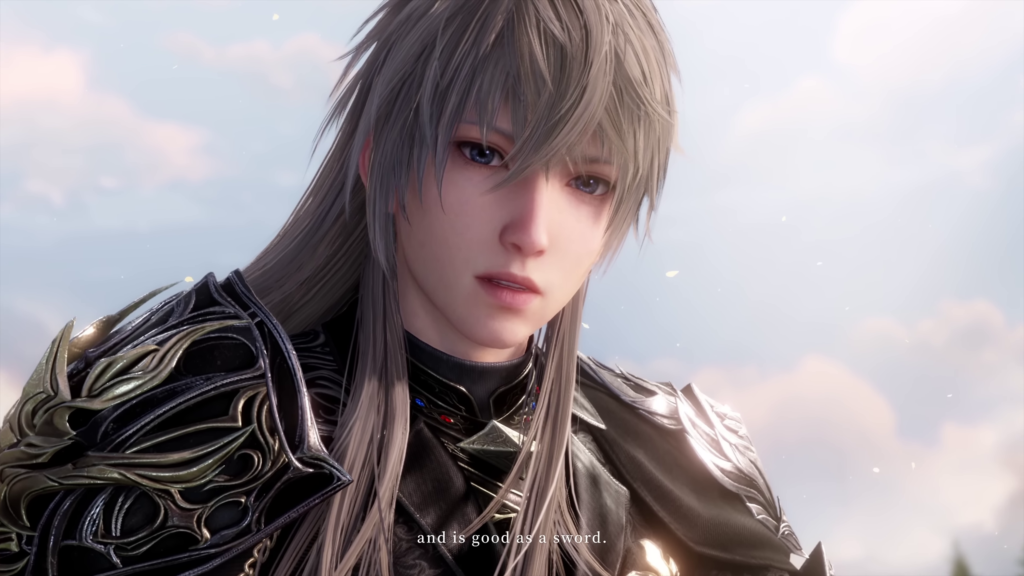

In closing, the KoD Xavier lawsuit has grown into a lesson on the power of collective action and the necessity of honest advertising. Day by day, fans and legal experts alike watch the developments closely. While immediate fixes or statements might lessen tension, the broader outcome will hinge on whether Shanghai Paper Games and its partners choose sincere reforms over short-term appeasement. Public patience, once taken for granted, has limits. The entire episode underscores a universal truth in gaming: true respect cannot be purchased or fabricated—it must be cultivated through consistent fairness, transparency, and responsive engagement.
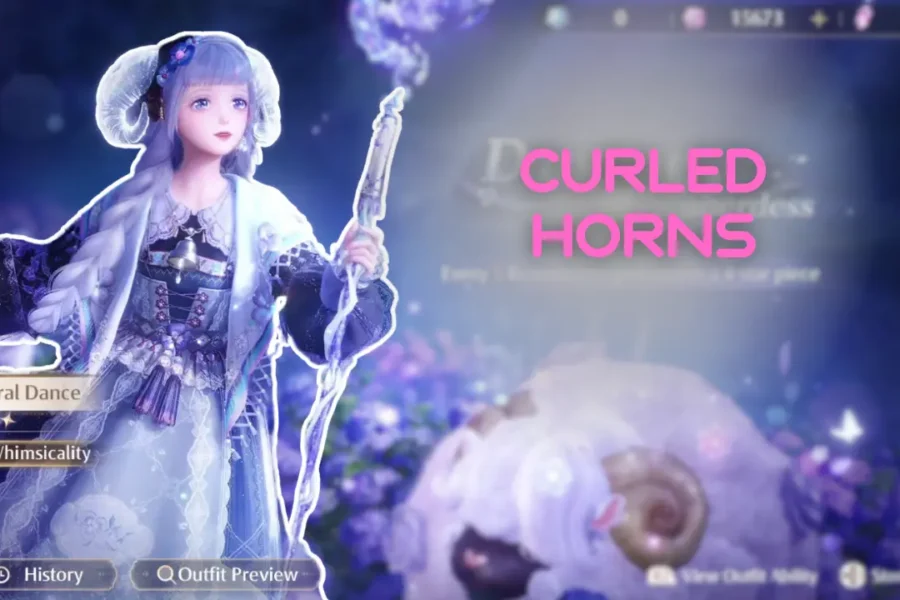
With each new update, Infinity Nikki continues to enchant players with its blend of stunning visuals, imaginative storytelling, and deep fashion customization. The latest banner,...
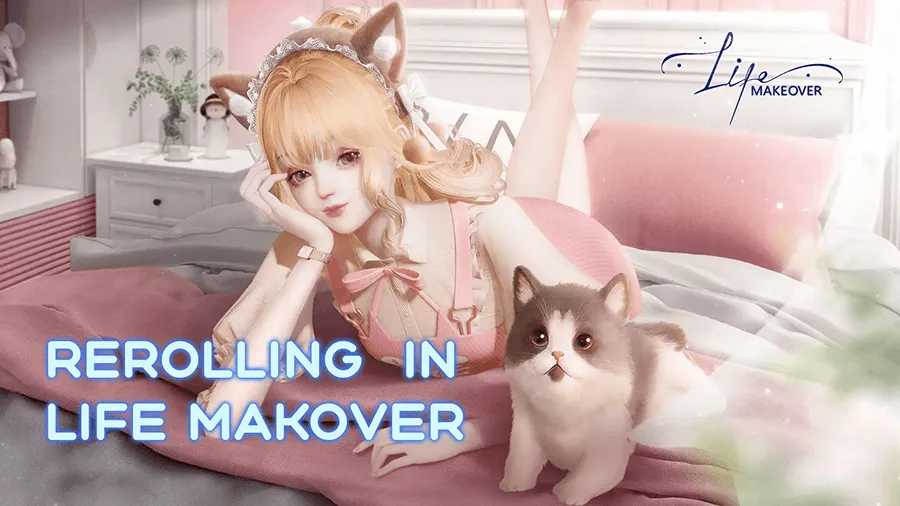
Rerolling in Life Makeover is basically hitting the reset button on your account until those first pulls give you the fashion sets or Allies you’ve...
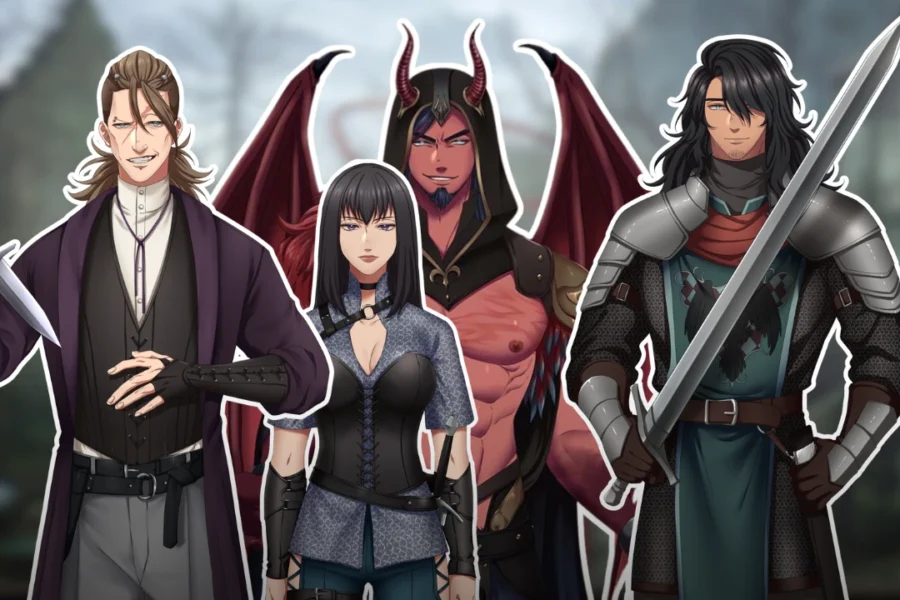
We just wrapped up a laid‑back chat with Lamb, the creative mind behind the series’ deliciously dark romances. She told us all about her newest...